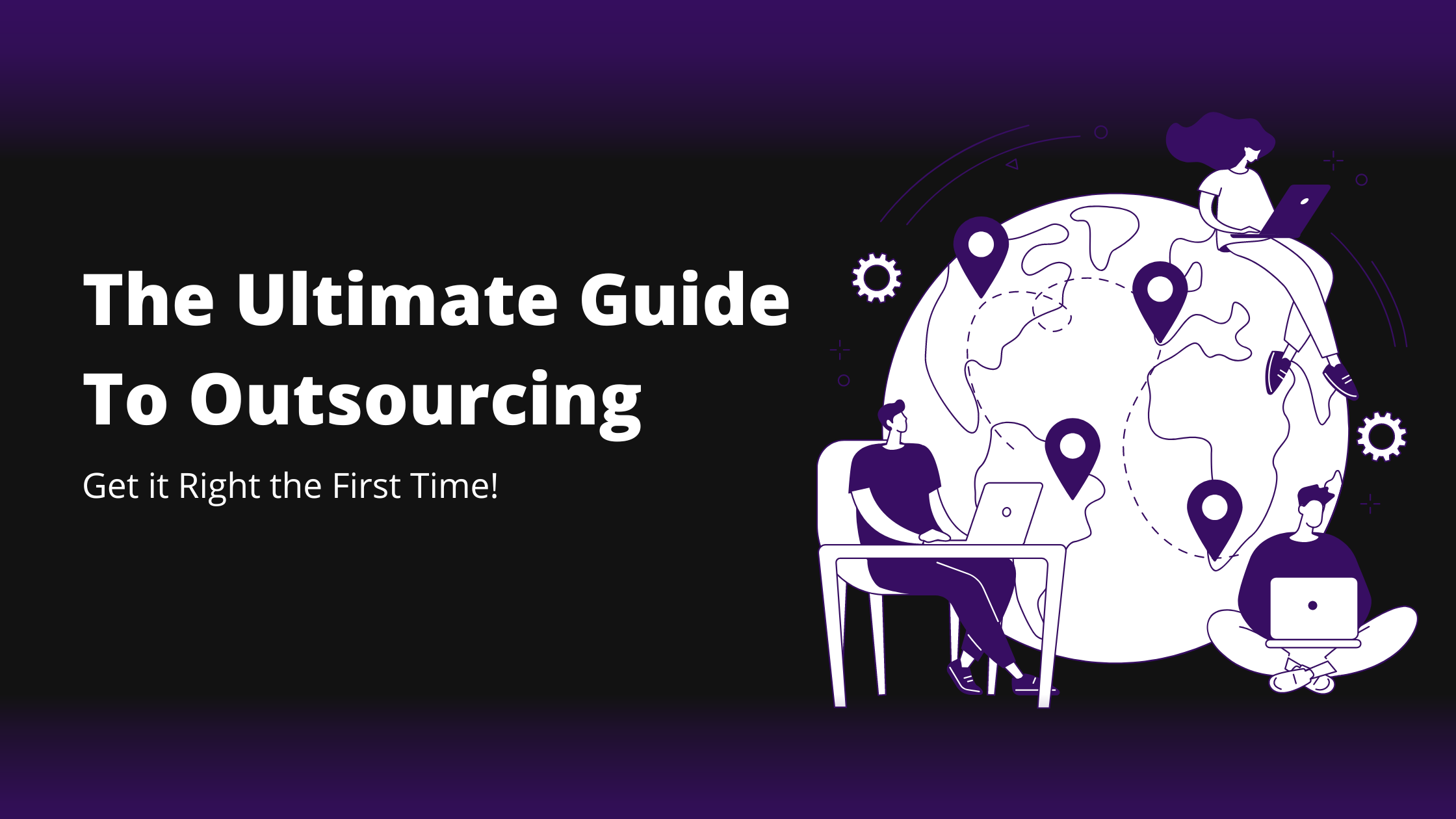If you’re a small business owner, you’re probably already well aware of the advantages of outsourcing tasks to professionals. Although it can seem intimidating at first, outsourcing certain aspects of your business can free up key resources – both in terms of money and time – and help to ensure that everything runs smoothly. Ready to learn how to make the most of outsourcing? Here is your ultimate guide to outsourcing.
What is Outsourcing?
Outsourcing is the process of hiring outside personnel or an outside company to handle tasks or activities that used to be dealt with in-house. It usually involves handing over non-core activities, such as customer service, bookkeeping, website design, and marketing, to experienced professionals who have the knowledge and skills to manage those areas with expertise.
Advantages of Outsourcing
One of the most significant advantages of outsourcing is that it can save you time and money in the long-term. When you outsource tasks, you don’t need to search for new employees to complete the work, or deal with onboarding and training them up. Plus, you don’t need to pay for the salaries and benefits associated with having full-time in-house staff.
Another key benefit of outsourcing is that it enables you to access a wider pool of creative talent. Outsourcing allows you to hire specialized professionals from anywhere in the world who can bring a fresh level of innovation and expertise to drive effective solutions. This helps you to stay competitive in an increasingly global marketplace.
How to Choose an Outsourcing Agency
When it comes to outsourcing certain aspects of your business, the key is to choose the right provider. Here are some tips to make sure you choose the agency that’s best suited to meet your needs.
1. Prioritize experience
Look for an experienced provider that has a solid record of delivering results. Ask to speak with other businesses they have worked with in the past and get their feedback.
2. Rely on referrals:
Network with other small business owners and ask around to find companies who have had good experiences with outsourcing. Ask if they have any recommendations.
3. Research their portfolio:
Does the agency have relevant experience? Make sure to review the kind of projects that they have worked on in the past and evaluate whether they have the skills and expertise to meet your needs.
4. Prioritize affordability:
Identify your budget and compare different provider costs to get the best value for your money.
5. Assess customer service:
How does the agency handle customer service? Can they be easily contacted if you have questions or issues? Always ask questions to make sure that you feel confident and comfortable before making your decision.
6. Read their contract:
Always read the agreement carefully and make sure you understand what services they provide and the length of time they will take to deliver the results.
Outsourcing Tasks Wisely
It’s important to remember that outsourcing isn’t a one-size-fits-all solution. You’ll want to take the time to weigh up the costs and benefits of outsourcing specific tasks. Here are a few tips to help you make the best decisions for your business:
1. Identify the core components of your business:
Figure out which core functions of your business you want to keep in-house, and which ones you can outsource.
2. Send requests for proposal (RFP):
Once you’ve identified the tasks you wish to outsource, create an RFP (request for proposal) to identify the provider with the best skills and expertise.
3. Establish timelines and expectations:
It’s important to create a timeline that sets expectations on milestones, payment, and communication.
4. Risk management:
Identifying potential risks and taking steps to mitigate them will help to ensure the success of the project.
5. Monitor results:
Track the progress of the project, identify potential issues, and make sure that the provider is meeting your expectations.
Final Thoughts on Outsourcing
Outsourcing can be a great way to leverage people and resources to streamline processes, innovate faster, and improve the overall efficiency of your business. Hopefully, this ultimate guide to outsourcing has provided you with some useful insight into how to make the most of it for your small business.
From prioritizing experience to monitoring results, there’s a lot to consider when outsourcing tasks. Make sure to take the time to do your research, ask around for referrals, read contracts, and compare prices before making a hiring decision. That way, you can be sure to find a skilled provider who can deliver exceptional results at an affordable price.









































